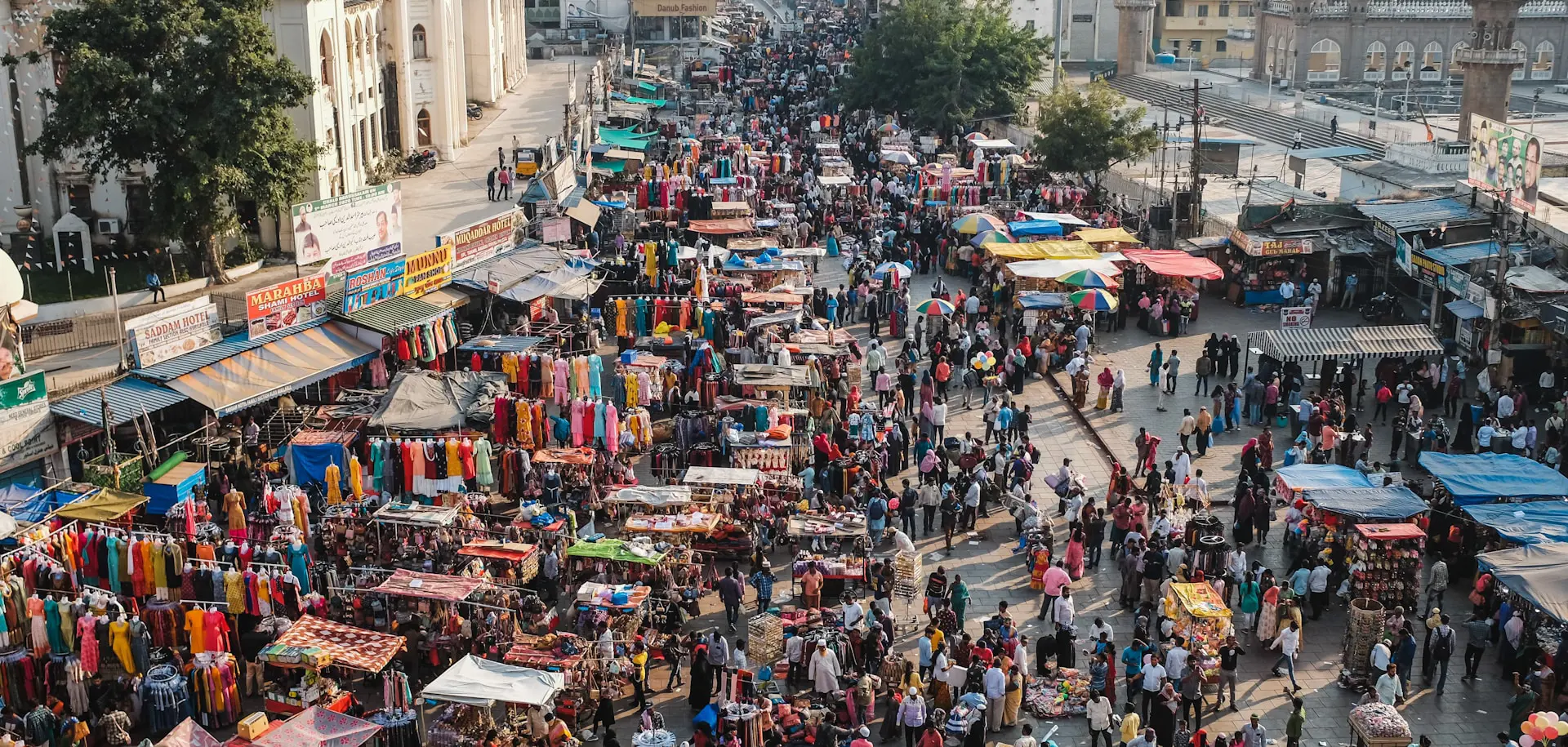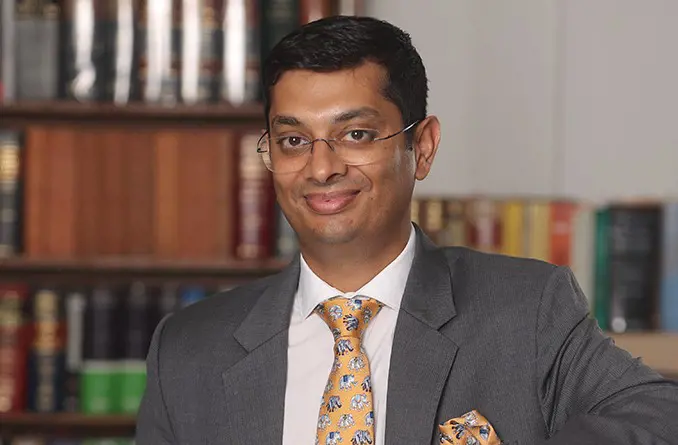
- REGULATION & COMPLIANCE

As India gears up for a general election between April and May this year, the question of how its result could impact igaming laws in the country has reared its head. In part one of a series on India as an emerging market, iGB Affiliate editor Dan Kleiner explores just how strict tax rules on igaming are for affiliates and operators and how likely things are to change.
In as little as four weeks, India could be going to the polls for the first time in five years. This is however slightly complicated by a recent government official’s resignation leaving the country with one of three mandated officials needed to conduct the election. That notwithstanding, the election offers India the opportunity to build on its igaming laws.
Currently, skill-based games with no element of luck can be offered without a licence in most states besides Sikkim and Nagaland. Games based on luck are banned under the current regulation in India.
In 2023, the Ministry of Electronics and Information Technology introduced the IT rules, aiming to regulate and give stronger clarification for online gaming. The rules and subsequent amendments permitted online real-money games with regulatory approval.
Vidushpat Singhania, managing partner at Krida Legal, believes that the introduction of the IT rules “was seen as a landmark moment for the Indian online gaming industry and largely lauded by the industry.”
The next amendment in the rule’s journey came on income tax, which got complicated by media reports that the Goods & Services Tax (GST) Council sought to place a 28% tax on the value of all bets.
“The industry felt that MEITY’s rules and clarity in direct taxation were steps that would give the industry a launchpad to succeed at a global level, but the reports on the 28% tax had the industry worried,” continues Singhania.

Retrospective demand of GST on the face value of each bet from 2017 has thrown the industry into an existential crisis
The managing partner of the New Delhi-based law firm says that after several representations, the government restricted the GST to just first-time deposits and not on every bet, but the industry still has strong concerns.
“The Indian igaming industry thought they could sustain this for a while until a review of the GST imposition could take place, but retrospective demand of GST on the face value of each bet from 2017 has the industry worried.
“This has thrown the industry into an existential crisis.”
Gourav Pilania, an igaming consultant based in India, adds that from his experience, the 28% GST has resulted in a “dip in market growth” alongside some consolidation in the industry.
“Gaming companies are revising and updating their business models to minimise the impact of the tax and continue on the path of generating growth and return on investment.”
Igaming expert Deepanshul Rana however observes that companies have adapted to the tax by creating new player incentives. “The operators have started to give free bonuses to users for the amount that goes to pay the tax. They’re also trying to adjust in the same ecosystem as the new rules as they want to maintain their ROI in the long run.”
In October 2023, Betway brand owner Super Group decided to pull out of the market following the introduction of the GST. Yet, Rana doesn’t believe this is as serious a blow as it seems for the industry.

It’s a smart move not to stay and break the rules
“Obviously, under the new rules, Betway can’t operate legally unless they start paying taxes. So, the move could be just a temporary pullout from the market to see how the new ecosystem is going to work.”
“It’s a smart move not to stay and break the rules, that would not sit well with the authorities. A pause of operations to see how regulation shakes up could be the strategy here.”
Aryaman Raman, Mediarun Digital CEO, likens navigating the Indian gaming market to dealing with tobacco or alcohol sales.
“Despite increasing taxes, the allure for consumers remains, driven more by the potential benefits than the costs,” says the CEO of the affiliate solely focused on the Indian market.
Yet, while those in the industry are aware of the GST and the tax deduction at source (TDS) of 30% of all winnings from players, Raman believes that the players themselves are less clued up.
“A study done by Lumikai in partnership with Google showed that only 11% of players understand either tax, while 43% are familiar with both, indicating a gap in knowledge,” he says.
Raman has seen a drop in players in the market but predicts this is just for the short to medium-term future. “At the moment players are flocking to exchange sites and illegal sites where the taxes are not imposed, but they will come back to legal operators because the government is strictly cracking down on the illegal sites.”
However, the Mediarun Digital CEO plays down concerns that the taxes have hampered his company’s relationship with operators. “In terms of our deals with operators, nothing major has changed.
“Even though there is no correlation to the tax rules, our sites have seen a surge in traffic, users and player values in the past year and the GST has not affected our relationship with operators.”
I don’t see a ban coming, the imposition of taxes along with the current igaming laws has given the government an opportunity to discourage users from playing and also accept its existence
 One area where Raman does acknowledge could change is in the finance deals with operators. “I do understand if operators would not be willing to increase their CPAs as player values for them would fall especially in terms of cost due to the high taxes.”
One area where Raman does acknowledge could change is in the finance deals with operators. “I do understand if operators would not be willing to increase their CPAs as player values for them would fall especially in terms of cost due to the high taxes.”
Raman doesn’t however predict a seismic shift in gaming regulation following the upcoming general election. “I do see the government very slowly moving towards regulation in the long run.
“I don’t see a ban coming, the imposition of taxes along with the current igaming laws has given the government an opportunity to discourage users from playing and also accept its existence.”
The Mediarun Digital CEO shares the belief held by many in India that the National Democratic Alliance, led by Prime Minister Narendra Modi will secure a majority in the election, and the continuing of the current government will provide a clearer pathway to negotiating a better deal for affiliates and operators.
“I believe these taxes aren’t permanent and the government will take its time to understand how the industry works in the meanwhile. Then igaming representatives can take this chance to go back and forth with the government until they find a consensus,” Raman adds.
The debate of whether each state in India has authority to regulate igaming or not is still being decided by the Supreme Court and Gourav Pilania firmly believes the power should rest with the central government.
“Considering the online nature of the activity, the central government is better placed to determine the policy agenda on the treatment of online gaming.
“Recent trends across the government have shown an interest to promote gaming as a technology-first industry,” he adds. “So, post elections in India in 2024, there is a hope that the policy will promote and facilitate the ease of operations of made-in-India games.”

The central government is better placed to determine the policy agenda for online gaming
Vidushpat Singhania is slightly more cautious when it comes to any significant impact from the general election. “There are murmurs within the igaming industry that there could be a complete overhaul of the online real money gaming legislations post the elections.
“However, these are only rumors and no one knows with certainty what is going to happen,” adds the Krida Legal managing partner.
With India’s igaming tax laws still in their infancy, there remain sizeable questions on their longevity and their long-term impact on the market.
While some hope the general election will provide a means to discuss fresh negotiations and push central government control of country-wide regulation, India appears to be in a waiting game to see if things will change post-election and if the backdated taxes will come due.